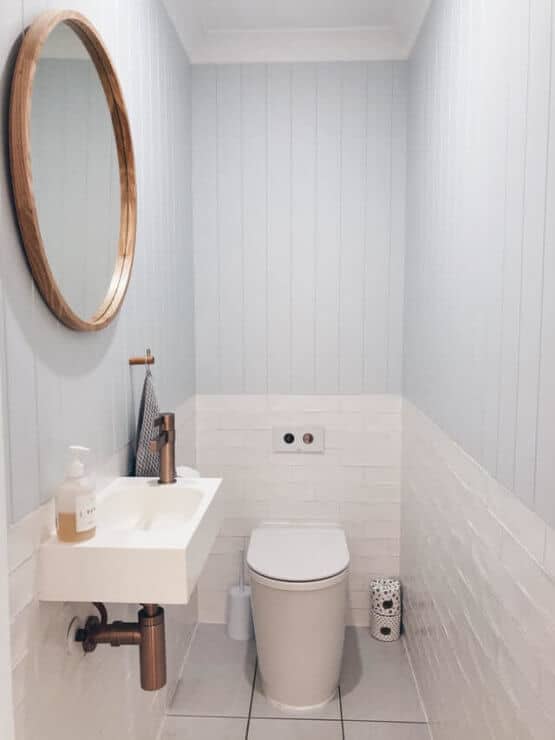How long do water heaters last?
This is a question that worries many homeowners, especially when they’re considering making an investment. No one wants to pay hundreds or even thousands of dollars for something that will quickly lose in value and end up broken.
Fortunately, water heaters are fairly long-lasting household items and they will serve you for quite some time. However, ‘quite some time’ is not a satisfying answer for most people who are trying to be informed.
How Long Do Water Heaters Last?
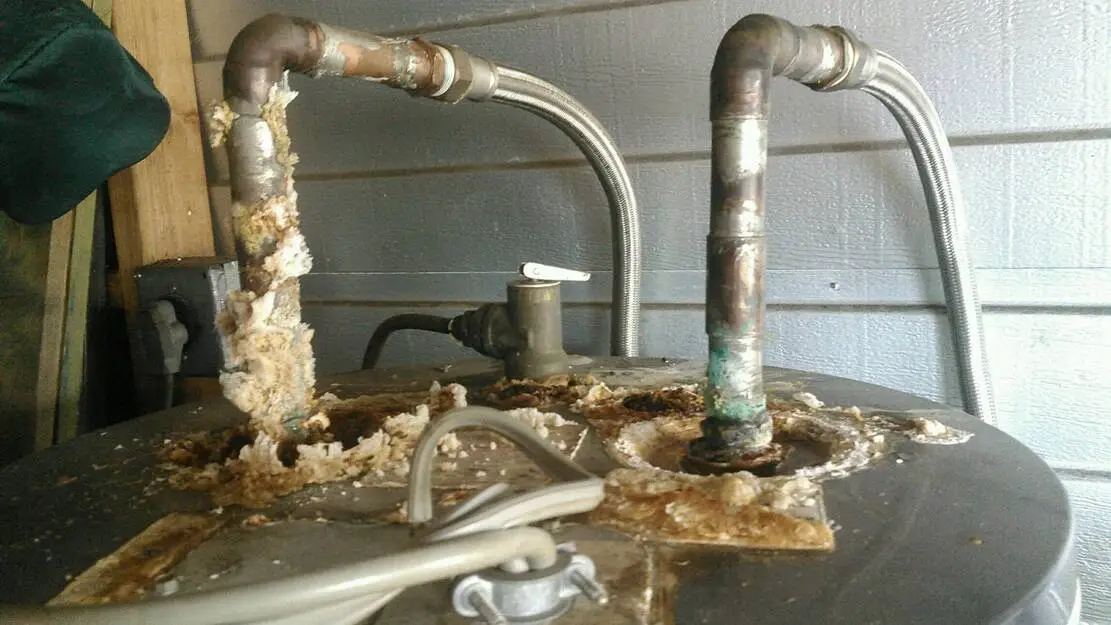
The exact longevity of a water heater will depend on many factors. This includes, but is not limited to:
- The brand of the water heater.
- The type of water heater.
- Maintenance
- The water quality.
- Warranty
Electric hot water tanks generally last longer than gas models. This is because the bottom of the tank is not regularly being heated up by gas burners, which will cause the metal to expand and contract.
Electric hot water tanks also have fewer parts. They will generally last for 10-15 years.This isn’t to say that they cannot last longer than that. With proper maintenance, it isn’t unheard of to have a 30 years old water heater.
However, once the water heater is past its average lifespan, it might start to experience certain issues. For example, you might start noticing sulfur-like smells while using hot water. This is why many people prefer to replace their water heater instead of constantly having to repair problems that keep reappearing. In some cases, homeowners should change heating element because of scale on it.
In general, our advice is always to repair first, then replace. At a certain point, there is no more use in attempting to fix something that will not just break almost immediately after, but it can be quite dangerous.
In fact, according to NFPA, malfunctioning water heaters are responsible for 1 in 10 of all house fires!
This is why it’s essential to understand when you need to replace your water heater, and at what point should you stop investing in repairs and, instead, invest in a new product.
How Long Do Tankless Water Heaters Last?
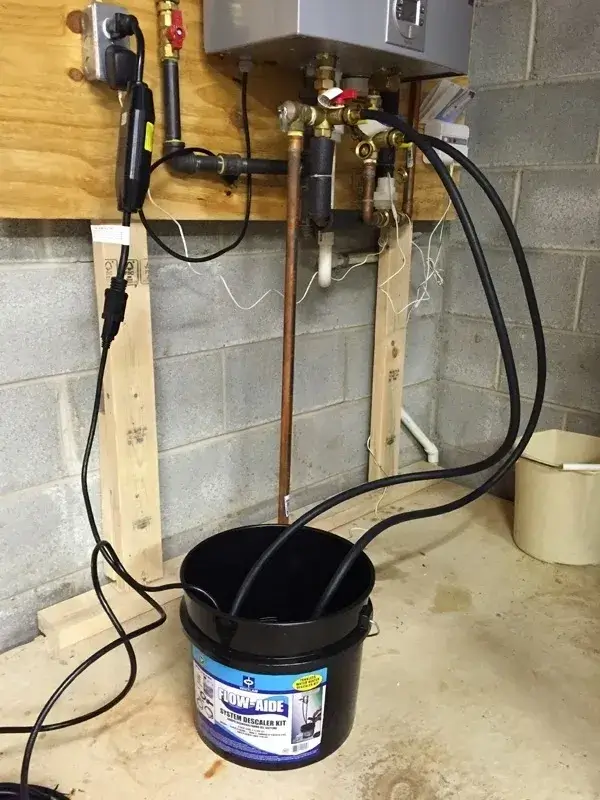
Hot water tanks are usually made of cheap mild steel (albeit with glass glazing and an anode to extend the life) which corrodes over time. In tankless water heaters, by contrast, the heat exchanger and other parts that come into contact with water are usually made of corrosion resistant materials such as stainless steel or copper.
This means that tankless water heaters don’t have a fixed life and typically last for over 15 years. However, they are also more complex and more likely to require service or repair over their lifetime. It may be possible to repair a tankless system to keep it running for well over 20 years, although some homeowners may prefer to replace it after about 15 years to avoid repair costs.
In fact, with proper maintenance, a tankless water heater will last twice as long as a standard heater, or even more!
Related: Descaling Tankless Water Heater
How Long Do Gas Water Heaters Last?
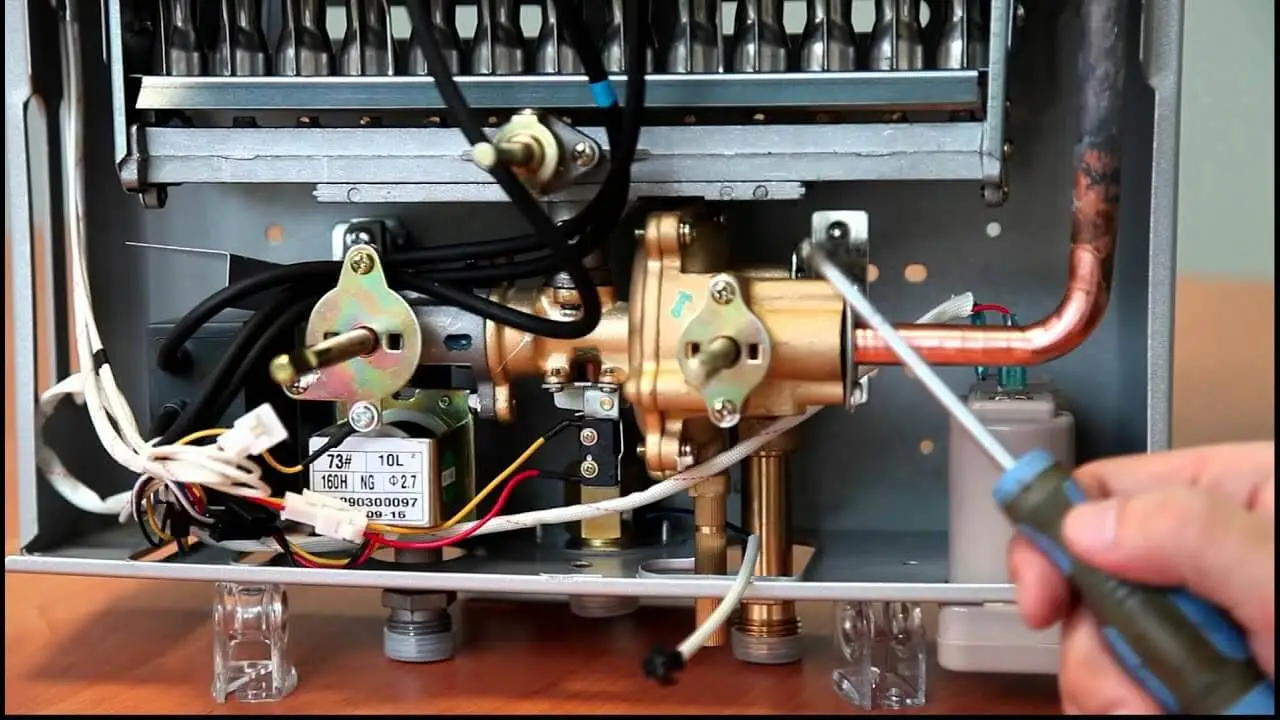
Appliance Magazine used to do homeowner surveys to determine the average lifetime of home appliances. Gas hot water tanks lasted for 8-11 years on average according to their surveys. The International Association of Certified Home inspectors also says that gas hot water tanks can be expected to last 8-12 years.
One factor that can reduce the life of a water heater is if you are in an area with hard water. This will cause the tank to corrode faster. If your home has hard water, you may want to replace the tank’s anode after 5 years or so to extend its life.
However, one thing that’s essential to understand is that it’s of utmost importance to repair and replace your gas water heater on time. NFPA has stated that the highest number of fires caused by water heaters were started due to malfunctioning of a gas water heater.
If you have a gas water heater, it’s essential to repair it on time and to make sure it’s working properly. Otherwise, you’re risking great property damage, injuries, or even death.
Which Brands of Water Heaters Are the Longest-Lasting?
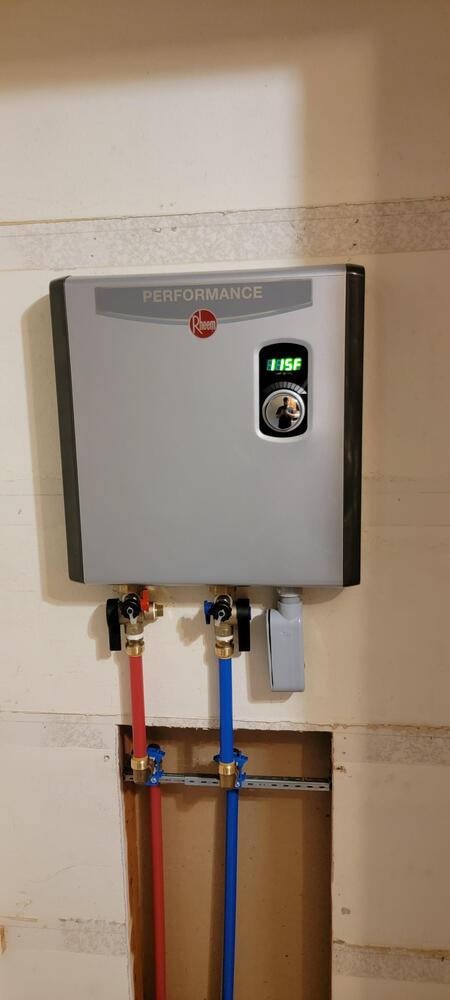
As mentioned, not all brands of water heaters will last the same amount of time. This doesn’t mean that the brand with the longest-lasting heater will be the best – there might be some other things that won’t be suitable for your home. However, if durability is your priority, then this is certainly something to pay attention to.
For example, if you’d like to know how long do Rheem water heaters last, according to the manufacturer, most units will last between 5 and 15 years. This depends on the type of water heater, as well as how well you maintain it. In general, Rheem suggests you service its water heaters once every 5 years.
When compared to Goodman, you can see that this is more or less the average lifespan of a heater. This brand also claims that most of its products have a lifespan of up to 15 years.
Similarly, Richmond water heaters typically last approximately 12 years, while Ecosmart claims that it’s water heaters last 10-12 years – with the exception of tankless water heaters that can last more than two decades.
Does Hard Water Affect the Longevity of a Water Heater?
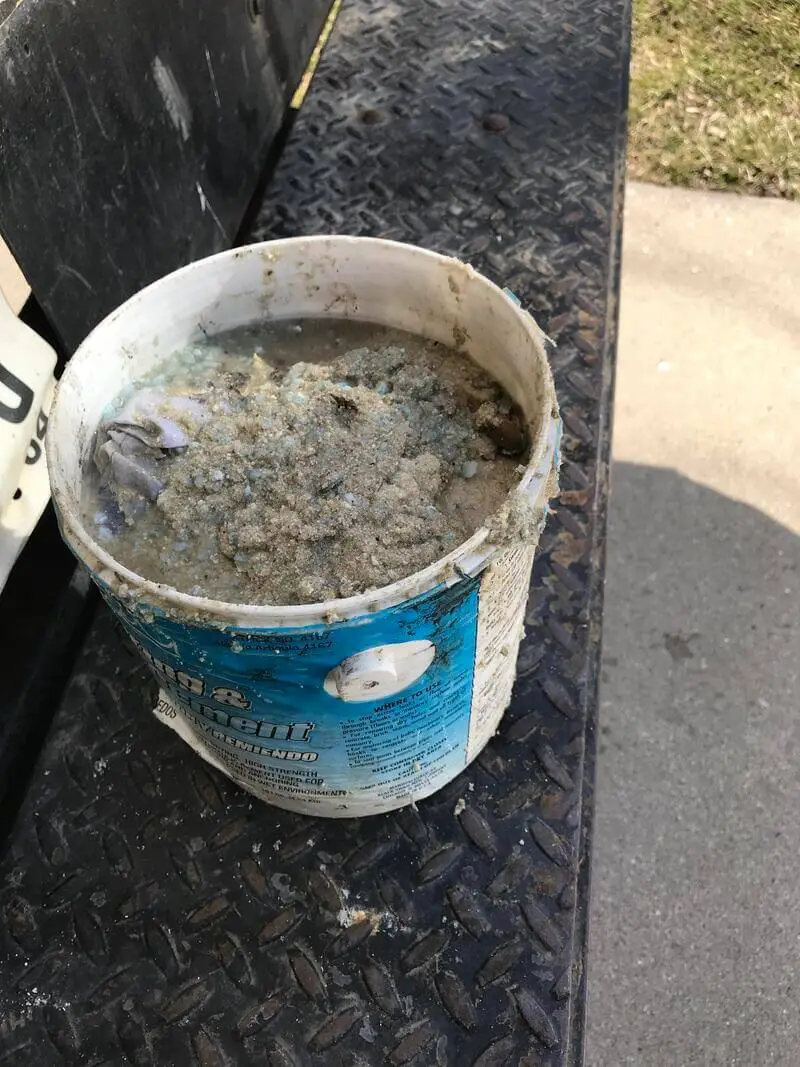
Hard water will affect the lifespan and the functionality of your water heater in more ways than one. This might sound surprising. Water heaters are designed to work with water, and it doesn’t sound plausible that the water can damage them. However, this happens more often than you might think.
Hard water contains a great number of dissolved minerals – or hardiness. These minerals bind with various other substances, leading to buildup. No water heater is designed to be entirely resistant to this build-up, especially not if it has a tank.
For example, if you have an electric water heater, sediments can build up on the heating elements. This will prevent the heater from warming up your water.
On the other hand, if you have a gas water heater, the sediments will build up at the tank’s bottom. This will create a barrier that the burners (the heating element of a gas heater) will struggle to go through.
As such, hard water will create numerous problems for your heater, such as:
- It will reduce its efficiency.
- Due to a higher amount of build-up, you’ll have to flush your tank more often. In fact, even tankless water heaters will require flushing!
- It will reduce the water heater lifespan due to the extra effort a heater has to put in order to operate properly.
Not even tankless water heaters are resistant to sediment buildup from hard water! Limescale can build not just inside the tank, but on the heat exchanger. This will reduce its efficiency, and it can even lead to overheating. This will cause your tankless water heater to turn off, or even to malfunction entirely.
In fact, the water quality might be a great reason why it seems that water heaters last longer in some areas than in others. For example, the answer to How long water heaters last in Florida might be quite different than if you wondered how long they last in Texas.
Can You Prolong the Lifespan of a Water Heater?
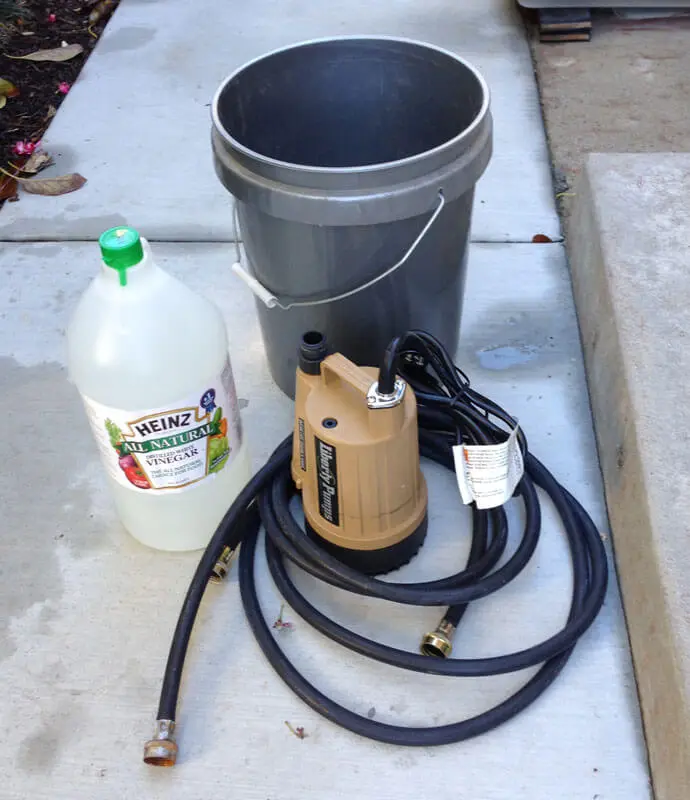
Now that you know how long water heaters last with hard water and without it, you’re probably wondering whether there is something you can do to prolong the lifespan of your unit. Fortunately, this isn’t an impossible task. With proper maintenance – many of which you can do on your own – your water heater might work without a hassle for 15 years, sometimes even more.
Some of the most beneficial things you can do for your water heater include:
- Flushing the water heater at least once a year – although twice a year would be the best.
- Clean the heater yearly.
- Make sure to check whether the temperature relief valve is working properly at least once a year.
- If you have a gas water heater, make sure the burner is working properly yearly.
- Replace the anode rod every few years, even if it’s working properly.
In general, regular maintenance is the best possible thing you can do for your unit. When everything is working properly and the buildup is cleaned on time, the water heater can reach the maximum of its lifespan.
How Do You Know When a Hot Water Heater Needs to Be Replaced?
Knowing how long do water heaters last is essential for understanding when you need to replace them. Otherwise, you are risking severe damage.
In general, only a professional can say for certain whether a water heater can be salvaged or not. Still, even the best of the best water heaters end up needing a replacement eventually. Usually, this happens after a decade. However, as you’ve already seen, just looking at the age of a water heater is not enough.
Sure, you can prolong the lifespan of your heater for a while. Despite this, you’ll end up needing to buy a new one eventually. As such, it’s essential to understand the signs that can tell you the time has come.
Other than age and a few other minor factors, this is what you need to look for:
Water Discoloration
Water discoloration is one of the telltale signs that there’s something wrong – whether that be with your pipes or your water heater. If the water is reddish or brown in color, this is usually a sign that something has rusted or corroded.
If you notice your water turned to this color, it’s essential to do something about it. To understand whether your heater is at fault, look at the exact moment when the water turns red. Does it happen all the time? If so, then there’s probably something wrong with the pipe.
However, if the water is discolored when you turn the hot water on, it’s more than likely that your water heater has corroded and needs replacement.
Noise from the Heater
Is there weird noise coming from your water heater? If so, chances are that your heater needs replacing.
Whether you hear a hissing noise coming from your heater or if there are cracks, this is a bad sign. It usually indicates that you have sediment buildup and that your heater requires flushing.
However, once this sound starts appearing more often than not, it’s time to replace the heater.
Leakage
Old water heaters are known to leak. This will result in water appearing on the floor or the wall next to the tank.
Leakage can lead to severe water damage, which is the main reason for property loss. While these leaks might not seem dangerous, even the smallest dripping can accumulate and cause structural problems. [1]
Leaks usually indicate that you have an issue with the following components:
- Tank structure (the metal expansion causes leaks).
- Fittings
- The temperature overflow pipe.
- Pressure overflow pipe.
Lack of Hot Water
If the heater is turned on but there’s no hot water coming from it, it means that the heater is not functioning properly. No one needs a heater that’s not heating water, and this is likely the main reason why most homeowners ask for a professional help.
The loss of hot water usually comes down to one of these reasons:
- A faulty thermostat.
- Too small tank.
- A malfunctioned heating element.
Fortunately, the first and the third cause are usually easy to fix. However, if the tank size is the issue, the only solution is to replace your heater.
How to tell how old your water heater is
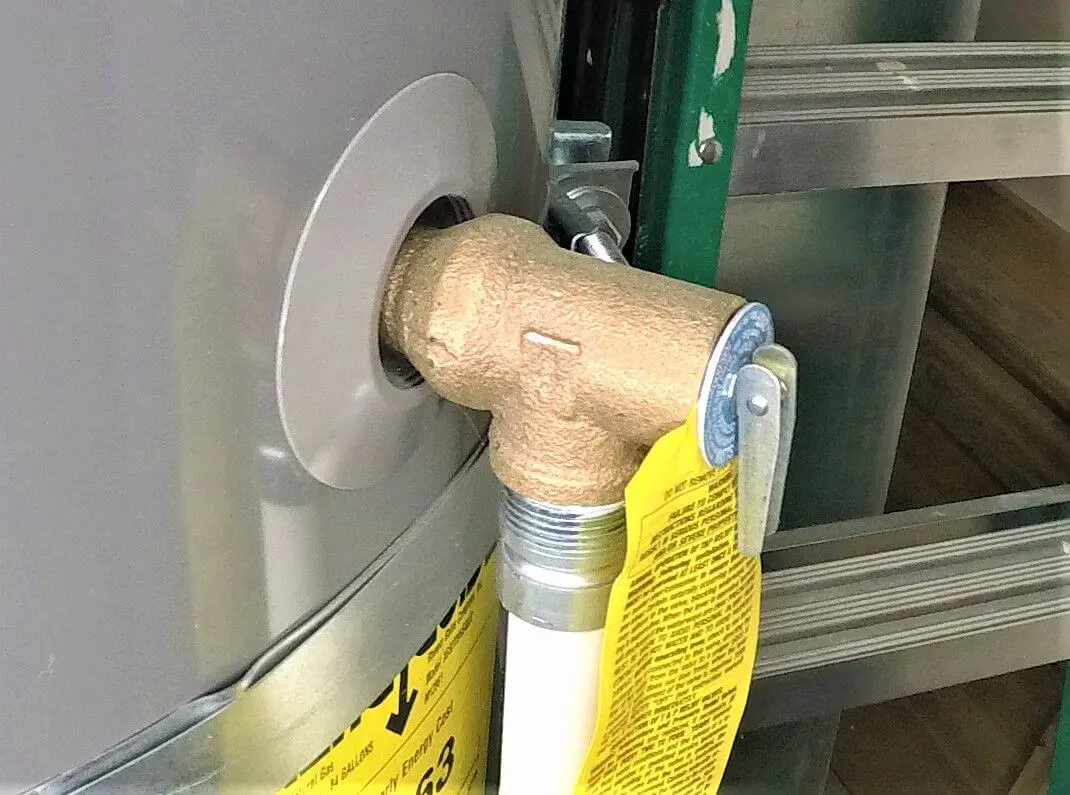
You can usually tell when your hot water tank was manufactured by looking at the serial number.
Most tanks in the US are made by AO Smith, which also manufactures brands such as State, John Wood, GSW, and American Water Heaters.
The serial number on AO Smith tanks start with a letter that corresponds to the warranty against leakage. If it starts with a P, it has a 3 year warranty (note that this only covers leakage, other repairs usually only have a 1-2 year warranty period). An R means it has a 5 year warranty, S means 6 years, T means 7, U means 8, V means 9, W means 10, and Y means 12.
The next two numbers correspond to the year of manufacture. For example, a 10 would mean 2010 and a 15 would mean 2015.
The next two numbers correspond to the week of manufacture. A 25 would mean it was made in the 25th week of the year. The exception is tanks made in 2007 or earlier, which give the month of manufacture instead.
For example, a tank with a serial number starting with S1742 would have a 6 year warranty (S) and was made in the 42nd week of 2017.
For Rheem hot water tanks the first two numbers reveal the month of manufacture and the second two numbers reveal the year. Bradford White hot water tanks are a bit trickier, see here to find out how old your tank is.
Bottom Line
Understanding how long do water heaters last is essential for every home owner. Without such knowledge, you might not know when to call a professional, which will result in severe problems.
This isn’t just a matter of money. A faulty heater can lead to extreme damage or even death. Sure, replacing it is expensive, but the hazard it can cause will end up costing you much more.
While some issues can be dealt with, don’t be afraid to ask a professional for help. In the end, it’s better to be safe than sorry, especially with such severe issue at hand.
Read Next: Water Heater Making Noise When Water Is Off

Michael Davis is a heating & plumbing expert who currently works as independent contractor in SC. He also writes for Plumbertip.
For almost 10 years he worked on various plumbing tasks across South Carolina.


